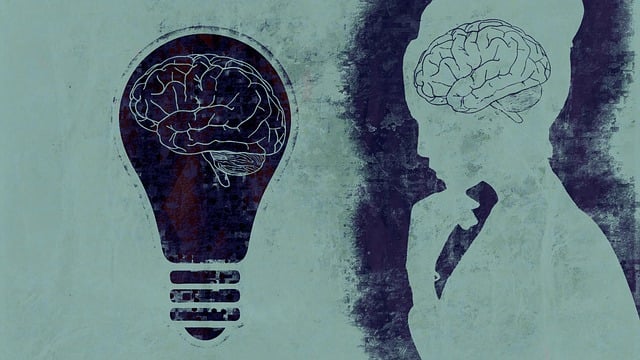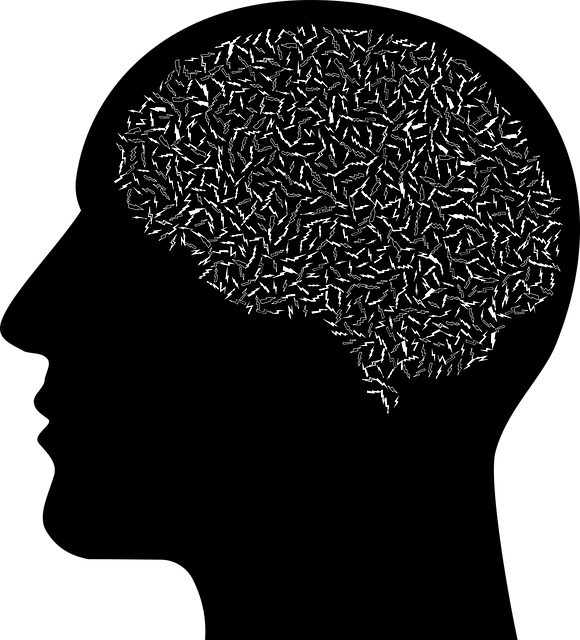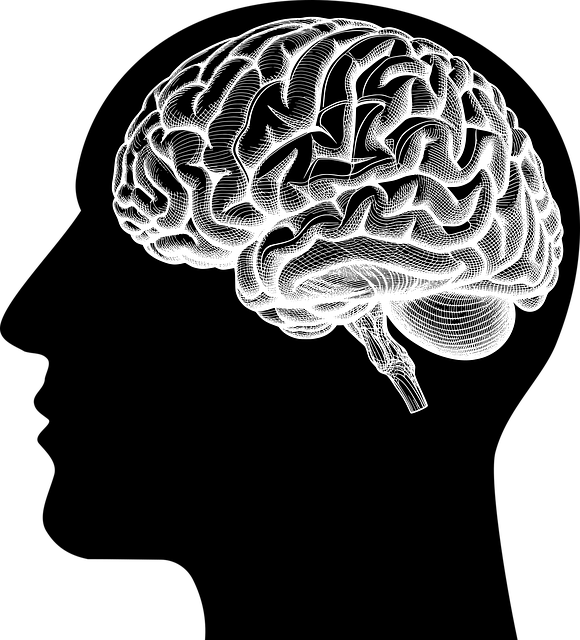In today's diverse social landscape, mental health education tailored to non-traditional relationships, like polyamory, is crucial in Northglenn. This includes culturally competent healthcare provider training, compassion cultivation, and conflict resolution strategies. A holistic approach integrating consent, communication, stress management, and evidence-based therapies enhances self-awareness and fosters empathy among partners. Safe spaces, group sessions, and peer support networks create a sense of belonging, while risk management planning ensures diverse needs are met. Continuous evaluation and adaptive planning drive improvements in the Northglenn Polyamorous and Open Relationships Therapy program, promoting inclusive practices and mental wellness for all.
In today’s diverse society, mental health education is crucial, especially within open relationships, including polyamory. This article explores the design of an inclusive program tailored for the unique needs of Northglenn communities with a focus on polyamorous individuals. We delve into key components such as addressing consent, incorporating evidence-based therapies, and creating safe spaces through group sessions and peer support networks. By measuring success and fostering continuous improvement, these programs aim to revolutionize mental health support in Northglenn polyamorous and open relationships therapy.
- Understanding the Need for Mental Health Education in Open Relationships
- Designing an Inclusive Curriculum: Addressing Polyamory and Consent
- Incorporating Evidence-Based Therapies for Northglenn Communities
- Facilitating Safe Spaces: Group Sessions and Peer Support Networks
- Measuring Success and Continuous Improvement for Effective Therapy Programs
Understanding the Need for Mental Health Education in Open Relationships

In today’s diverse social landscape, mental health education plays a pivotal role in fostering understanding and support for non-traditional relationship models, such as those practiced within the Northglenn Polyamorous and Open Relationships community. Open relationships challenge conventional norms, often leading to unique challenges that require tailored psychological strategies. Therefore, integrating mental health education with an emphasis on compassion cultivation practices is essential. These practices not only enhance self-awareness but also foster empathy and understanding between partners in open relationships, helping them navigate complexities with grace.
Healthcare provider cultural competency training is another crucial component, ensuring professionals are equipped to offer sensitive support tailored to polyamorous and open relationship dynamics. By incorporating conflict resolution techniques that respect individual boundaries and communication styles, mental health educators can empower couples to manage disagreements constructively. This holistic approach not only benefits individuals within these relationships but also contributes to a more inclusive and supportive mental healthcare ecosystem in Northglenn.
Designing an Inclusive Curriculum: Addressing Polyamory and Consent

Designing an inclusive curriculum for mental health education requires a nuanced approach, especially when addressing relationships like polyamory and consent. Northglenn Polyamorous and Open Relationships Therapy has emerged as a vital service to support individuals navigating these unique dynamics. Incorporating content on consensual non-monogamy into mental wellness curricula is essential for fostering understanding and acceptance among diverse populations.
By integrating topics related to polyamory, consent, and communication strategies, the curriculum can empower students with tools for healthy relationship management. This includes teaching conflict resolution techniques tailored to open relationships, promoting stress management practices, and encouraging thoughtful discussions on societal norms surrounding non-traditional partnerships. A well-designed mental health education program should leave participants equipped to engage in respectful dialogues, challenge stereotypes, and ultimately improve their own mental wellness or that of others within their communities, such as those seeking Northglenn Polyamorous and Open Relationships Therapy.
Incorporating Evidence-Based Therapies for Northglenn Communities

Incorporating evidence-based therapies is a crucial step in designing an effective mental health education program tailored to Northglenn communities. One notable approach that has gained recognition, especially within the context of fostering healthy relationships, is Northglenn Polyamorous and Open Relationships Therapy. This therapy model addresses the unique challenges faced by individuals navigating non-monogamous lifestyles, promoting open communication, consent, and emotional intelligence – key aspects of mental wellness coaching programs development.
The integration of Mind Over Matter principles can further enhance these interventions. By teaching participants to reframe negative thoughts and emotions, evidence-based practices like cognitive behavioral therapy (CBT) contribute to improved emotional intelligence. This, in turn, equips individuals with the tools to manage stress, build resilience, and foster meaningful connections – essential components for a thriving mental health education program that caters to Northglenn’s diverse population.
Facilitating Safe Spaces: Group Sessions and Peer Support Networks

Creating safe spaces is a cornerstone of effective mental health education programs, especially when considering unique communities like Northglenn Polyamorous and Open Relationships Therapy. Group sessions provide individuals with opportunities to share experiences in a non-judgmental environment, fostering a sense of belonging and understanding. Peer support networks, integral to these group settings, offer camaraderie and practical advice, enhancing mental wellness. Through open dialogue, participants can navigate challenges, gain insights, and build resilience together.
The design of such programs should prioritize risk management planning for mental health professionals, ensuring they are equipped to handle diverse needs within the group. Facilitating these safe spaces also involves integrating Mental Health Policy Analysis and Advocacy, promoting inclusive practices that address the unique mental wellness concerns of polyamorous and open relationships. By creating a supportive environment, the program can encourage honest conversations, challenge stigma, and ultimately enhance the overall well-being of participants.
Measuring Success and Continuous Improvement for Effective Therapy Programs

Measuring success and fostering continuous improvement are vital components for any mental health education program, especially those catering to diverse communities like Northglenn Polyamorous and Open Relationships Therapy. To assess the effectiveness of such programs, a comprehensive evaluation strategy should be employed. This includes collecting quantitative data through surveys and feedback forms from participants to gauge their satisfaction levels and perceived improvements in their mental wellness. Qualitative methods, such as one-on-one interviews or focus groups, can provide deeper insights into personal transformations and the impact of specific compassion cultivation practices taught within the program.
Regular monitoring and adaptive planning are key to ensuring the long-term success of these therapy programs. By analyzing feedback and tracking progress, therapists and educators can identify areas that require refinement or additional support. This iterative process allows for continuous improvement in the design and delivery of mental health education programs, making them more inclusive and effective in serving communities like Northglenn with unique relationship dynamics.
Mental health education programs designed for Northglenn’s polyamorous and open relationships communities must be inclusive, evidence-based, and centered around safe spaces. By addressing unique relationship dynamics, incorporating consent discussions, and leveraging therapies tailored to these communities, such programs can effectively support individuals navigating the challenges of non-monogamy. Continuous improvement, measured through participant feedback and outcomes, ensures that Northglenn Polyamorous and Open Relationships Therapy remains a vital resource, fostering resilience and enhancing well-being within this diverse population.














